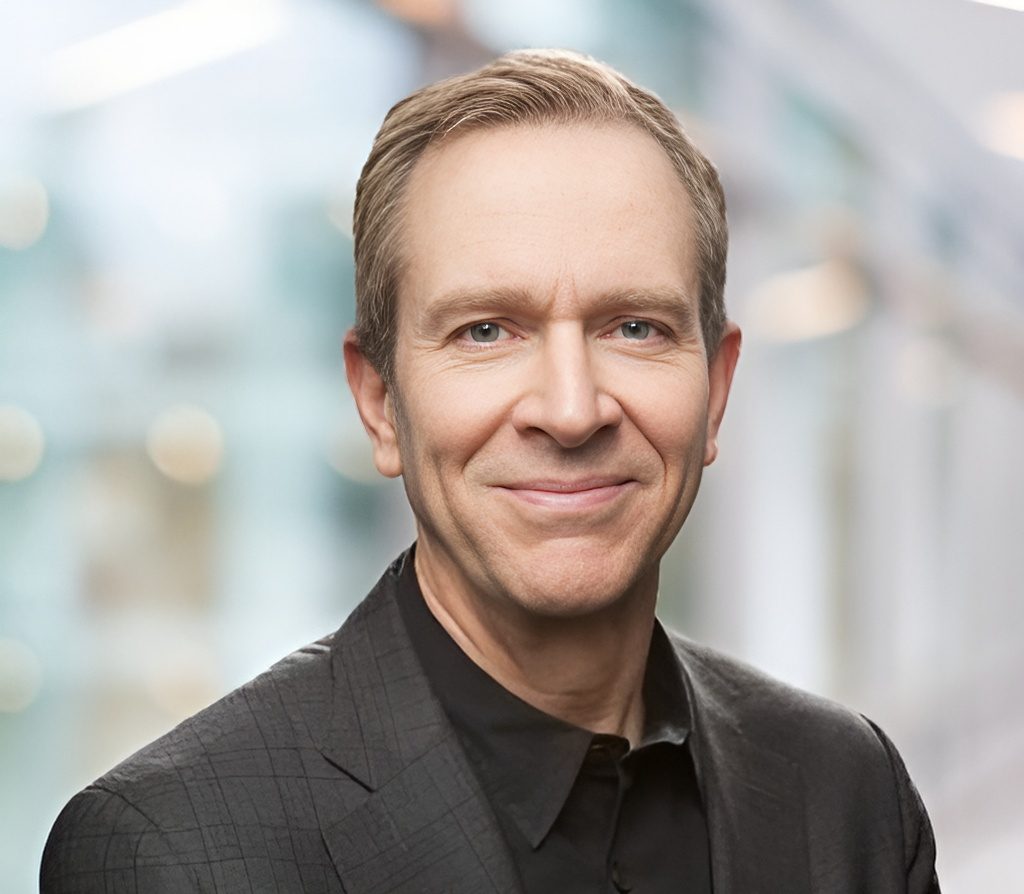Quoting Trevor Mundel, President of Global Health at the Bill and Melinda Gates Foundation, on LinkedIn:
“This week I’m sharing thoughts on how local researchers, scientists, and innovators in Low- and Middle-Income Countries are leveraging AI-driven Large Language Models (LLMs) to address global health and development challenges. Today, I’d like to highlight how LLMs can directly assist frontline and community health workers in the field, who are the first line of defence in providing care to women, children, and families.
Because of critical human resource health gaps in Low- and Middle-Income Countries, these frontline health workers are often stretched beyond capacity in delivering care. Enter LLMs, which can aid frontline health workers in a number of ways, ultimately enabling the health care worker to provide higher quality of care to the patient.
Of the nearly 50 grants we funded as part of the Bill & Melinda Gates Foundation’s Grand Challenge to Catalyze Equitable Artificial Intelligence (AI) Use, 12 projects are specifically focused on supporting different aspects of frontline health workers decision support.
Antimicrobial resistance (AMR) is a major public health challenge. To combat AMR in Ghana, Nana Kofi Quakyi, of The Aurum Institute is developing an AI-powered decision support tool for antibiotic prescribers to improve appropriate antimicrobial usage. This tool will serve as a critical resource for frontline health workers by providing personalized and context relevant recommendations based on current local guidelines. The interactive AI-powered clinical decision support tool allows prescribers to enter prompts, respond to system queries, and receive personalized, real-time antibiotic prescribing recommendations. The model will be trained with a comprehensive dataset consisting of clinical guidelines, research data, expert opinions, and surveillance evidence that has been reviewed for its representativeness. Read more here.
To provide better support to frontline health workers and clinicians and improve the overall quality of care that is given to patients in Kenya, Daphne Ngunjiri of Access Afya is integrating ChatGPT into a virtual clinic application, mDaktari. The mDaktari platform combines a digital and physical healthcare network, telemedicine, and localized patient health data to support health care providers, from patient diagnosis to treatment, in Low- and Middle-Income Countries. Daphne is deeply passionate about serving the many users who are falling through the cracks. The social enterprise is focused on delivering care at the $2 per consult level and currently 90% of clients earn < $100 per month. Read more here.
Watch this space to learn more about the local innovators who are harnessing the power of LLMs to improve the health and well-being of people in their communities.”
Source: Trevor Mundel/LinkedIn


